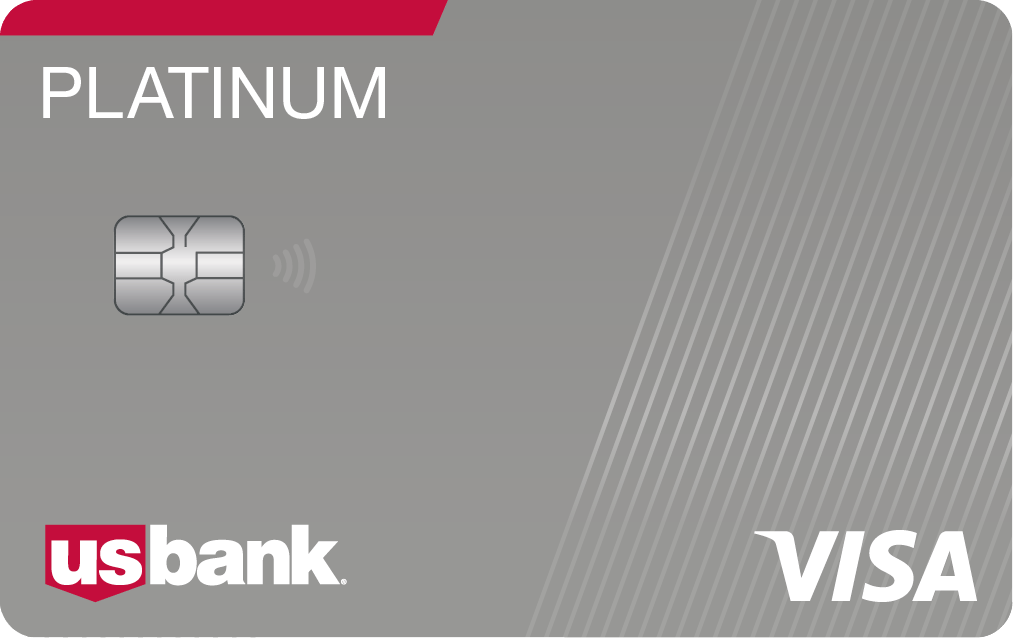
How Balance Transfers Impact Your Credit Score: What You Need to Know
A balance transfer won't directly impact your credit scores, but it can affect your credit profile in several ways. Here's what you need to know about balance transfers and their impact on your credit.
Potential Credit Score Impacts
Negative Effects:
- Hard inquiry from new card application (temporary impact)
- Reduced average age of credit accounts
- New account opening may briefly lower scores
Positive Effects:
- Lower credit utilization ratio due to increased available credit
- Faster debt reduction due to lower interest payments
- Improved payment history with regular payments

Bank of America flat credit card

Wells Fargo Reflect Card

Discover it card front side

US Bank Platinum Visa card
Understanding Credit Utilization
Example scenario:
-
Before transfer:
- Card A: $5,000 limit, $2,000 balance (40% utilization)
- Card B: $3,000 limit, $1,000 balance (33% utilization)
- Overall utilization: 37.5% ($3,000/$8,000)
-
After transfer to new card with $6,000 limit:
- Cards A & B: 0% utilization
- New card: 50% utilization
- Overall utilization: 21%

Woman using tablet device
Important Considerations
What Balance Transfers Don't Do:
- Don't reduce total debt amount
- Don't remove previous credit history
- Don't erase past payment history
- Don't affect closed account records

Red cash box with money
Cost Analysis Example:
- $10,000 balance at 15% APR
- 12-month payoff goal
- Without transfer: $830 in interest
- With transfer: $300 fee (3%) but no interest
- Net savings: $530
Remember that balance transfers work best as part of a comprehensive debt reduction strategy, focusing on both immediate interest savings and long-term credit improvement.
Related Articles
Tax Return Guide: What You Need to Know About Filing Your Taxes
